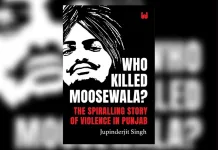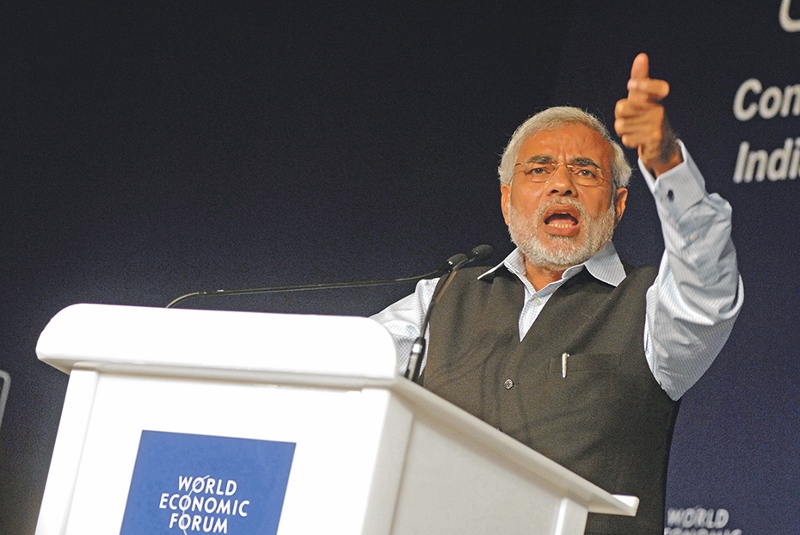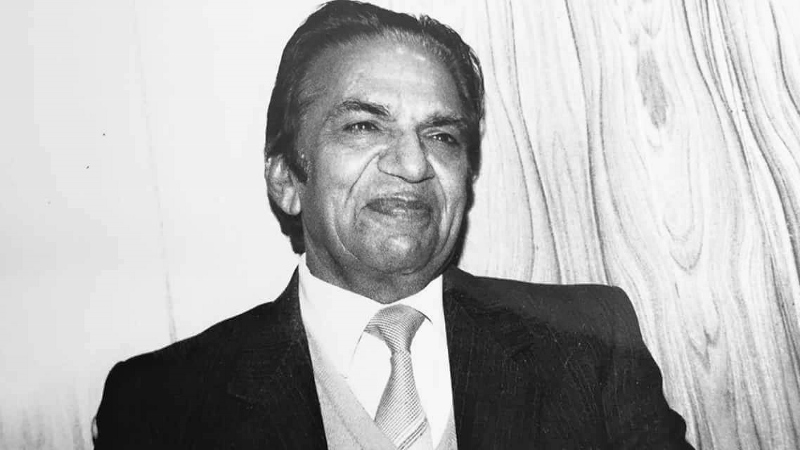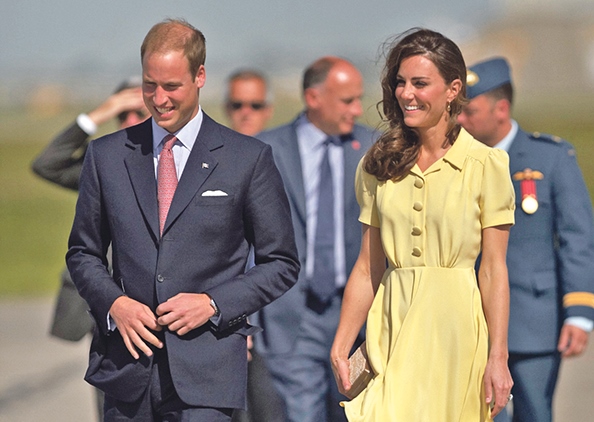
The Bombay High Court has sentenced five men to death and jailed seven for life for planning the bomb blasts that ripped through Mumbai commuter trains in 2006, killing more than 180 people and wounding hundreds.
The specially convened court convicted 12 of 13 accused earlier this month for their role in the events that led to seven bombs exploding on packed trains during the evening rush hour in Mumbai on 11th July, 2006.
The bombs targeted an overcrowded suburban network that carries around seven million people a day.
Police say the attack was carried out by disaffected Muslims at the behest of Pakistan-based Islamist militants, and named militant group Lashkar-e-Taiba’s Pakistan-based leader, Azeem Cheema, as the prime conspirator.
Defence lawyers said they would appeal to the Bombay High Court. “We are disappointed with the decision,” lawyer Wahab Khan told reporters. “Even a common man could say this is a framed-up case.”
Controversy has dogged the investigation of the 2006 attacks, adding to delays in a trial which has dragged on for eight years and featured testimony from about 200 witnesses.
Some defendants said they were tortured by police eager to extract confessions on charges that ranged from murder to conspiracy against the state and waging war against the nation. Police have denied these assertions.
Relations between India and Pakistan remain difficult, with recent flashpoints including border tensions and controversy over whether to discuss the disputed territory of Kashmir derailing an attempt to revive peace talks.














